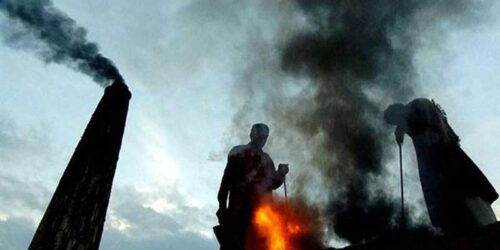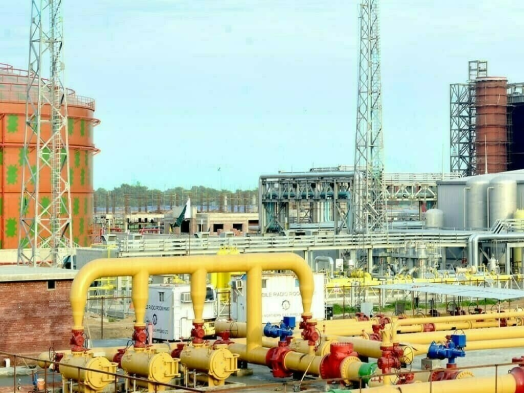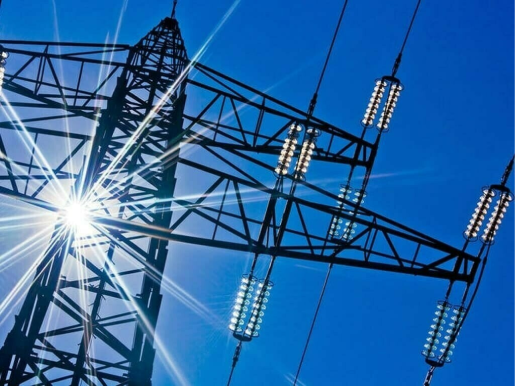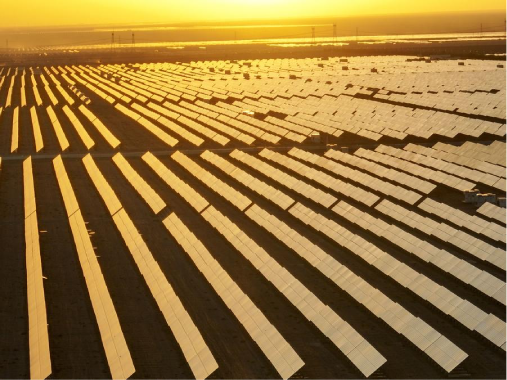The United Kingdom has announced support to capacity building initiatives for the brick kiln sector in Pakistan to reduce emission for improving air quality and reducing smog.
These views were expressed by Christian Turner, British High Commissioner to Pakistan in a press statement issued in connection with launching of UK support to the brick kiln sector to reduce emission.
“The UK support will start from Punjab province where over 11,000 brick kilns are concentrated in agricultural heartland and by improving air quality, reducing smog, cleaner brick production processes will have a positive impact on crop productivity and better health outcomes,” said Christian Turner. This initiative would help train 100 kiln owners and operators in efficient use of the new zig-zag technology.
In addition,it would also create a cadre of master trainers that would help scale up with this effort across the country which would significantly reduce emissions, whilst simultaneously improving productivity.
UK-supported, targeted training on Zig Zag Technology for the brick industry would help embed cleaner brick production practices which could be scaled across the country.
“The UK will continue to support Pakistan on its climate journey through our strong development partnership, and UK companies specializing in renewable energy and sustainable technologies, “British High Commissioner added.
The UK and Pakistan were best international friends with the UK committed to supporting Pakistan to tackle its climate challenge as part of its “Road to COP26”, he added.
As COP26 hosts, we congratulated Pakistan on recent World Environment Day activities and for setting global leadership examples including with the no new coal announcement & 10 billion tree initiative and would also like to see further ambitious Climate commitments.
The UK was proud to be providing support to Pakistan to help in their climate efforts, including to reduce emissions from brick kilns and to provide technical support on natural capital accounting.
The UK supports Pakistan’s government and local communities to adapt to climate change and improve resilience through emergency disaster planning and helping to increase the use of renewable energy and improve energy efficiency.





